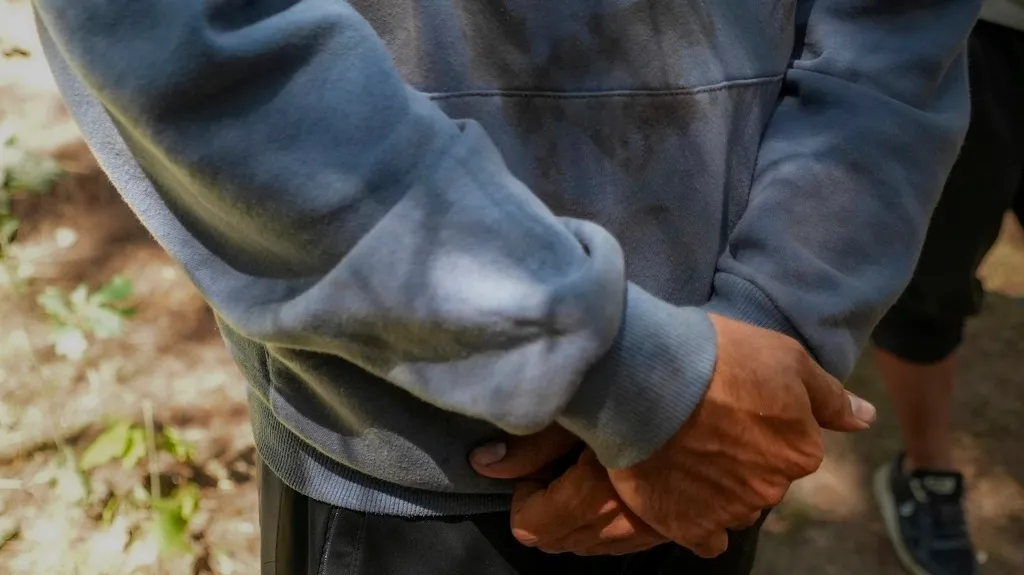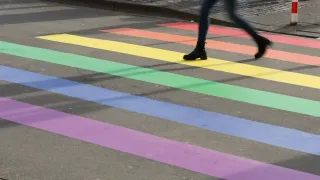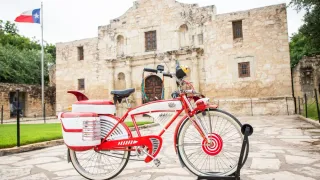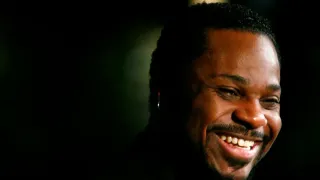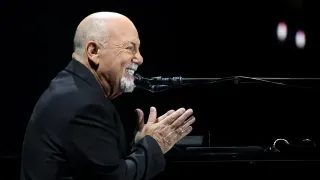July 9, 2021
Michigan Bureau: LGBTQ Rights Ballot Drive Short Signatures
David Eggert READ TIME: 2 MIN.
The Michigan elections bureau has determined that organizers of a ballot drive to prohibit discrimination against LGBTQ people failed to collect enough valid voter signatures.
Fair and Equal Michigan gathered nearly 299,000 signatures, short of the roughly 340,000 needed, according to a report released Thursday. A 500-signature sample had been pulled from about 445,000.
Election staffers ruled many ineligible because the signers were not registered voters or there were address, date or others errors. The bipartisan Board of State Canvassers will meet Tuesday to consider a recommendation to not certify the initiative.
If it were certified – a long shot now – the bill would be placed before the Republican-led Legislature, where similar legislation has long stalled. If lawmakers did not act, it would go to a public vote in November 2022.
"The Bureau of Elections threw out thousands of signatures that are valid and we will fight for every valid signature so no voters are disenfranchised," said Josh Hovey, spokesman for Fair and Equal Michigan, which has raised and spent $2.9 million on the effort.
The proposal would revise the state's 1976 civil rights law to bar discrimination based on sexual orientation or gender identity in employment, housing and public accommodations.
Democratic Gov. Gretchen Whitmer has joined with Democratic legislators to push for legislation to add the legal protections for LGBTQ people. But committees have not held hearings.
Major donors to the ballot drive include Bipartisan Solutions, a nonprofit that does not have to disclose its donors; Dow Chemical; pollster Richard Czuba; Rock Holdings; and billionaire Ronda Stryker.
In 2020, the U.S. Supreme Court ruled that a landmark federal civil rights law protects gay, lesbian and transgender people from employment discrimination. Backers of the Michigan measure have said it would provide broader protections in local employment, housing and public accommodations.
Last week, the state Supreme Court's Democratic majority, in a 4-3 vote, bypassed the Michigan Court of Appeals and agreed to consider whether an existing prohibition against discrimination based on sex also covers sexual orientation. The lawsuit was filed by Rouch World, a Sturgis-based wedding venue and park, and Marquette-based Uprooted Electrolysis after they refused services to a same-sex couple and a transgender woman, who subsequently filed complaints with the state Department of Civil Rights.
State Sen. Jeremy Moss, who is gay, reacted to the news about the ballot drive in part by referencing the court case.
"We are still closer than ever to ensuring equal protection under the law for MI's #LGBTQ community," the Southfield Democrat tweeted. "And I'm incredibly optimistic that MI's Supreme Court will affirm so."
